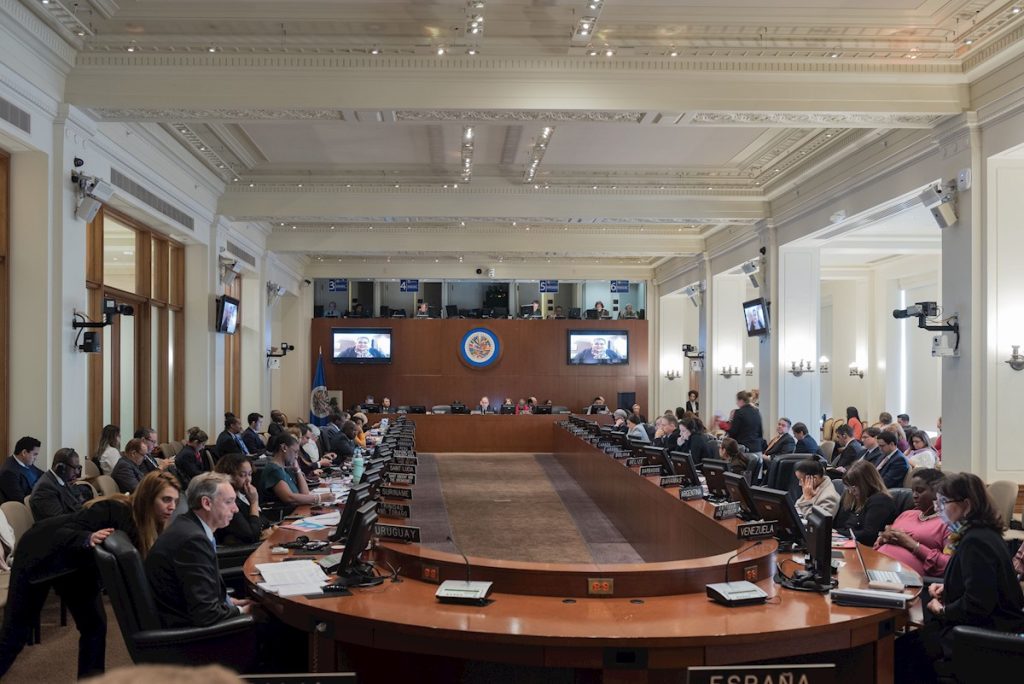For many generations of Mexicans, especially from the poorest socioeconomic strata, public higher education has always represented not so much a right but a promise: the possibility of getting better opportunities, of getting ahead, through an avenue of social mobility that is not as wide as it would be necessary given the size of the country, slow, precarious, but more or less functional for the few who manage to access it. Although in fact its function has been more to reproduce than to reduce inequality, since (according to data from the Social Mobility Survey of the Espinoza Yglesias Study Center ) Most of the children of parents with no college education do not make it to college, while the majority of children of parents with college education do.
It is not by chance, therefore, that the figure of the student, especially the university student, has such an emotional place in Mexican political culture: it is the young man who embodies, in a very adverse environment, that promise of social mobility through of knowledge. A kind of archetype of improbable overcoming, of rebellion against fatality, of the will to create a future that is not determined by conditions beyond their effort and merit. The student is, in this definition, an “aspirationist” in its purest form: a nonconformist, someone who aspires to develop a critical conscience and exercise it on the world, a dissident of destiny.
Its strength, however, is mostly symbolic. Because, according to data from the OECD , 82% of Mexicans between 25 and 64 years old do not have higher education studies. But the power of what it represents, the faith in education as a commitment to social mobility, continues to endow the figure of the student with a very moving mystique in the Mexican context.

















